By Brandon Moseley
Alabama Political Reporter
For decades the waters of the US was defined as navigable bodies of water. To expand the government’s powers to regulate water under the Clean Water Act, President Barack H. Obama redefined the term “waters of the US” to be just about any ditch or drainage. On March 1, 2017 President Donald J Trump (R) returned the nation’s laws to the earlier definition.
US Senator Luther Strange (R-Alabama) released a statement supportive of President Trump’s Executive Order to roll back the Waters of the United States Rule under the Clean Water Act. Sen. Strange wrote, “As Attorney General of Alabama, I joined other Republican Attorneys General, including my good friend and now Administrator of the EPA, Scott Pruitt, to stop the EPA from implementing a rule that was nothing more than a naked power grab. This executive overreach ignored the private property rights of Alabama farmers and is the perfect example of another one-size-fits-all approach from Washington that fails to recognize the unique needs of each community or the role of state and local government. I’m thankful for the President’s actions and encourage the complete repeal of WOTUS by Congress.”
Alabama Commissioner of Agriculture and Industries John McMillan wrote in his own statement, “No other Obama environmental regulation had the potential to adversely affect every square foot of our State and economic sector than WOTUS. This punitive regulation threatened Alabama farmers, landowners and foresters with severe fines and requirements that were deceptively vague.”
Commissioner McMillan added that WOTUS affected county and municipal governments, as it contained stringent and unnecessary regulations on water and sewer systems. “Nearly every family in Alabama would have experienced spikes in’ their water and sewer bills. Environmental quality and farming are not mutually exclusive but complement each other,” he explained. As an outdoorsman used to tell me, ‘We should never forget that we all live downstream.” McMillan added that Washington bureaucrats should know that the best enforcers of environmental standards are those men and women who work the land and depend on water quality.’ This new administration in Washington understands the value of reducing federal intrusiveness.”
Congressman Bradley Byrne (R-Montrose) wrote on social media, “By working to stop the flawed “Waters of the US” rule, President Trump is standing up for America’s farmers and landowners. This overbearing and far-reaching regulation was nothing more than an attempt to satisfy radical activists. We can help protect our nation’s resources without restricting landowners and farmers from using their property.”
Congressman Gary Palmer (R-Hoover) wrote on his Facebook page, “I applaud President Trump for directing the Environmental Protection Agency and the Army Corps of Engineers to formally reconsider the Waters of the United States rule, also known as the Clean Water Rule. This rule, finalized under President Obama, represents a massive expansion of federal jurisdiction over bodies of water that rightfully belongs to states and localities. Everyone is for clean air and water. However, we must ensure that policies designed to achieve those goals respect the boundaries enshrined in our Constitution and do not create unnecessary barriers to economic growth nor do they compromise private property rights.”

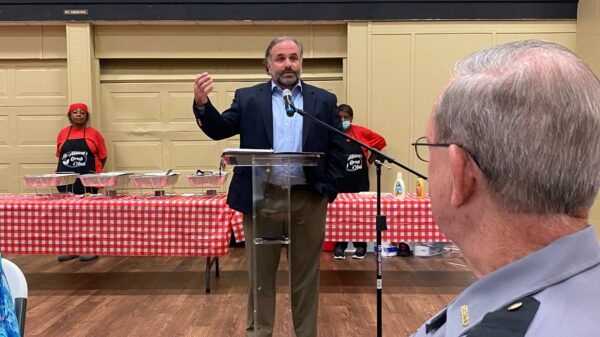
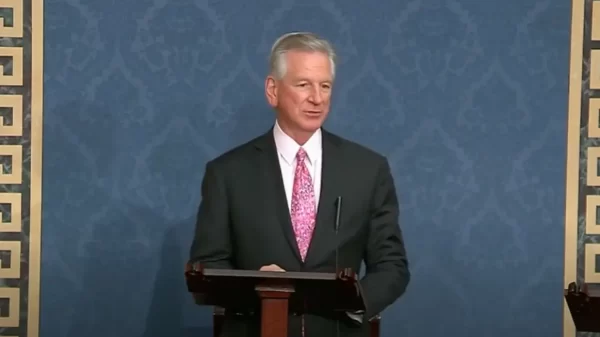
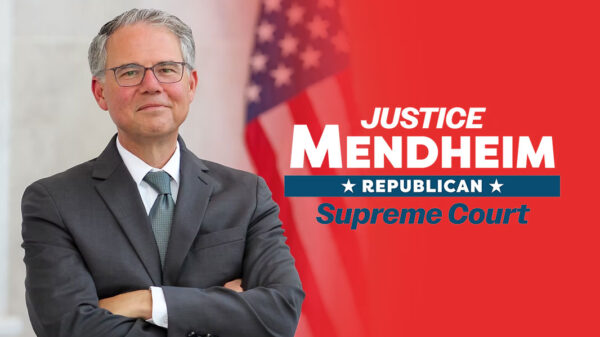
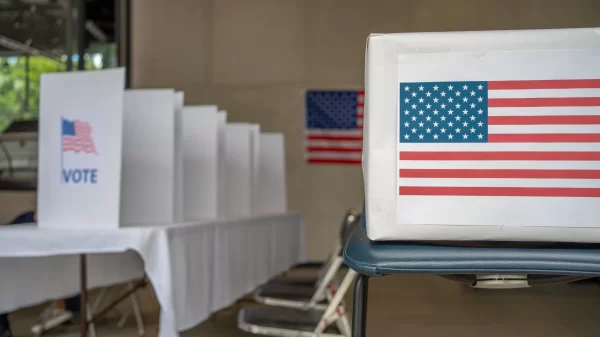






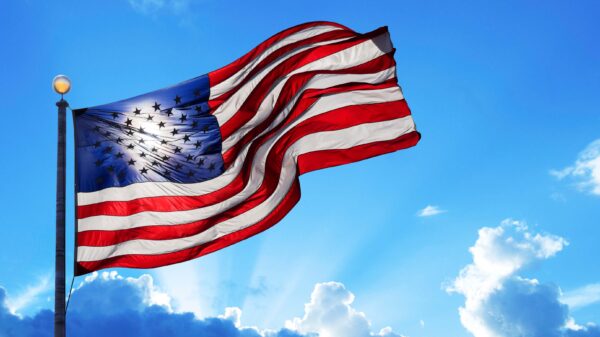










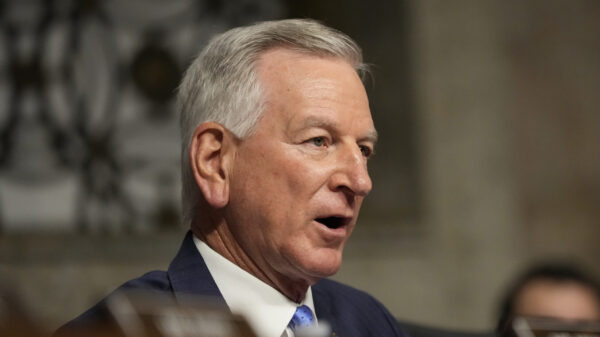
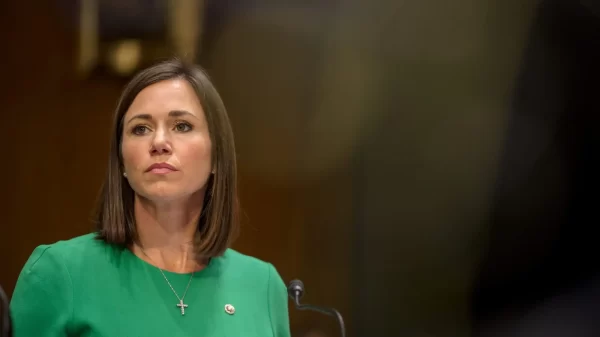
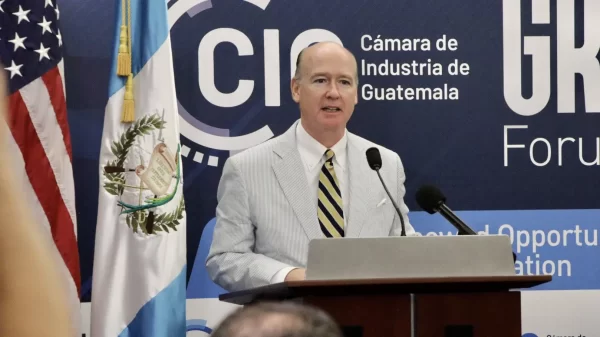
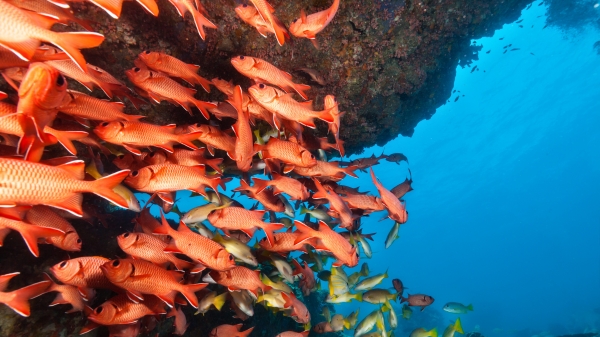














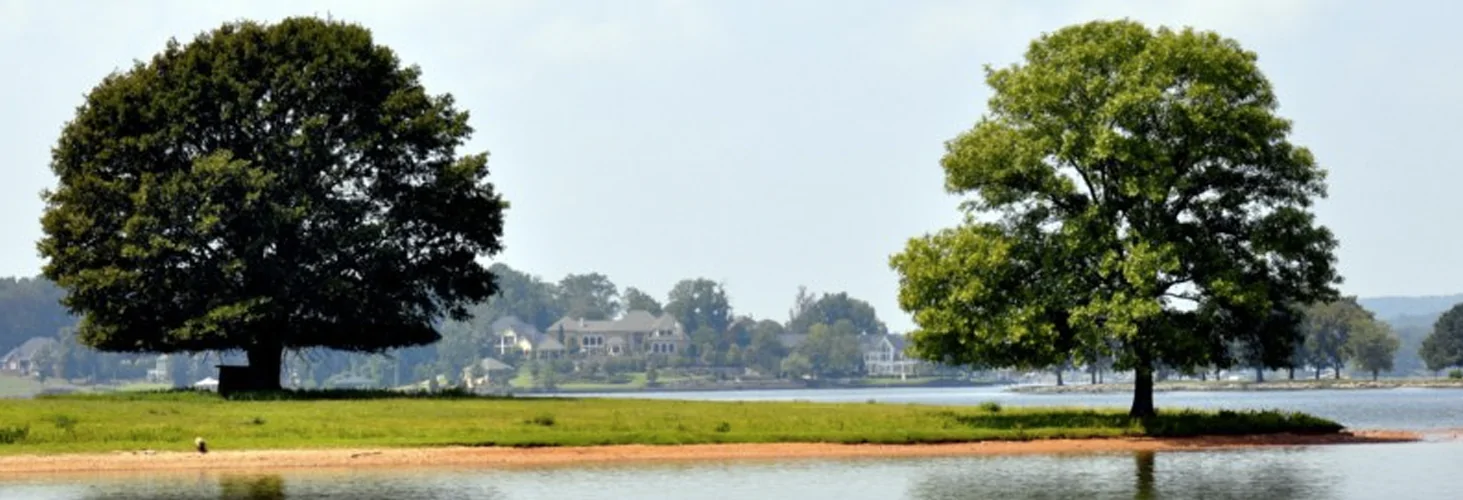





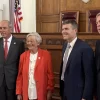









You must be logged in to post a comment Login